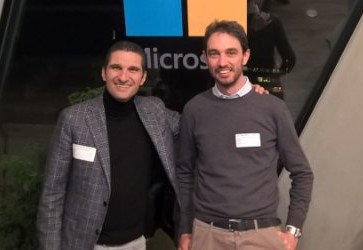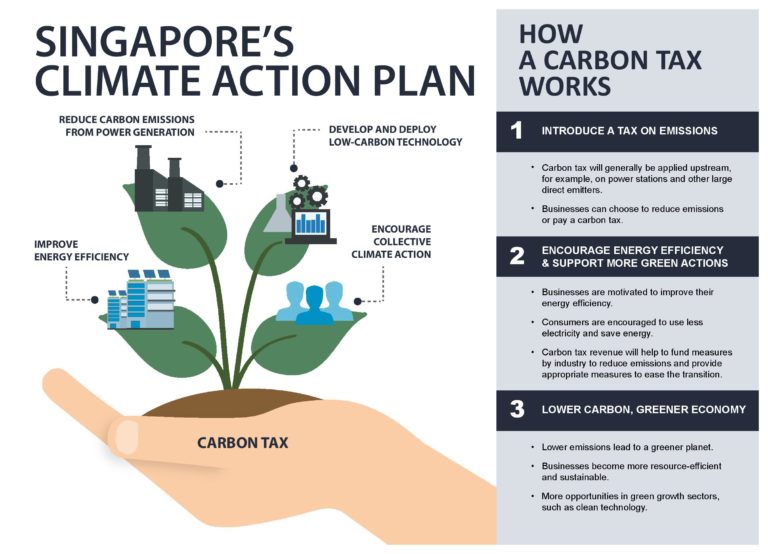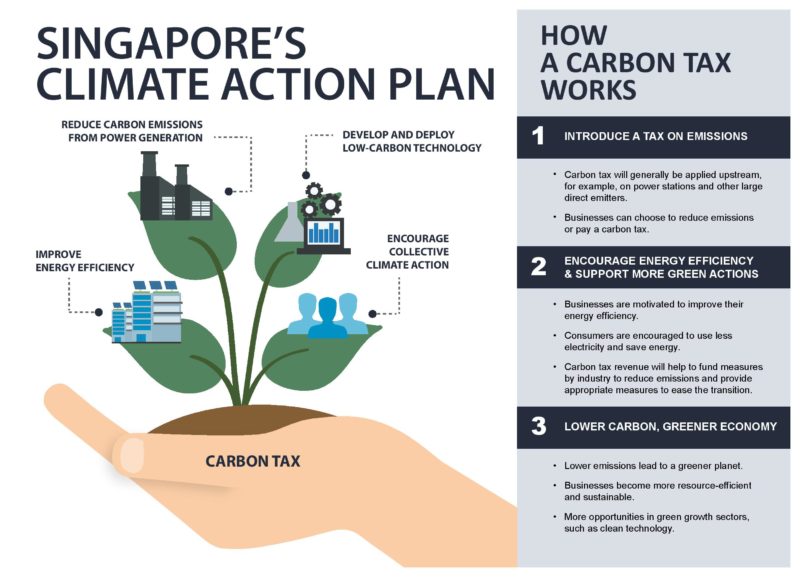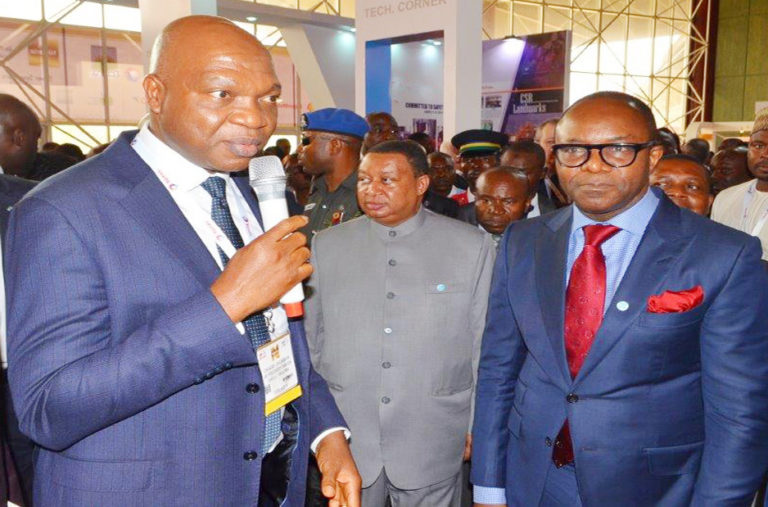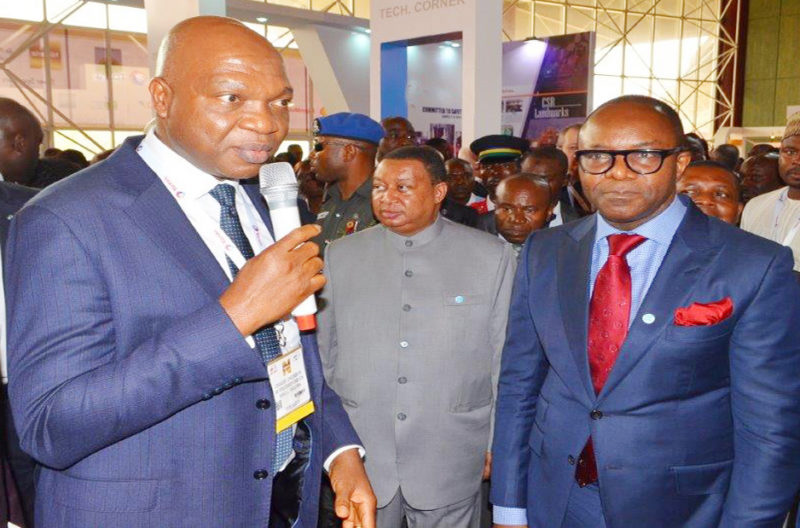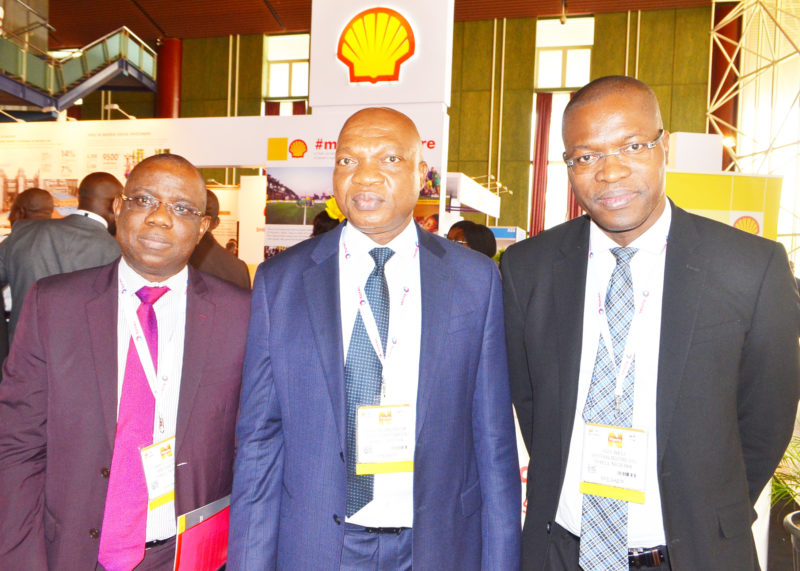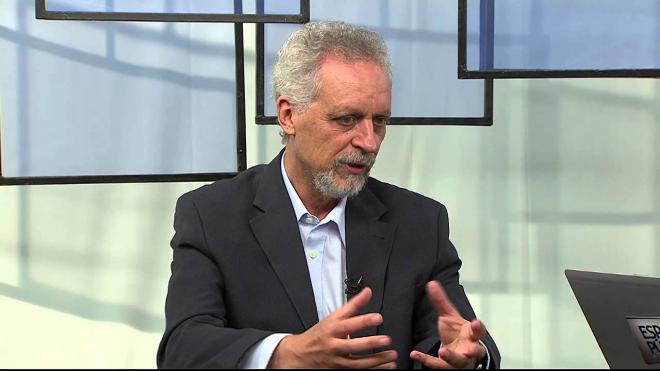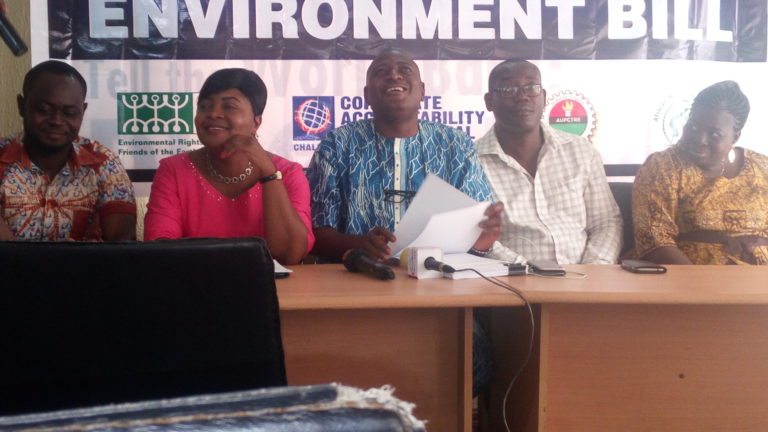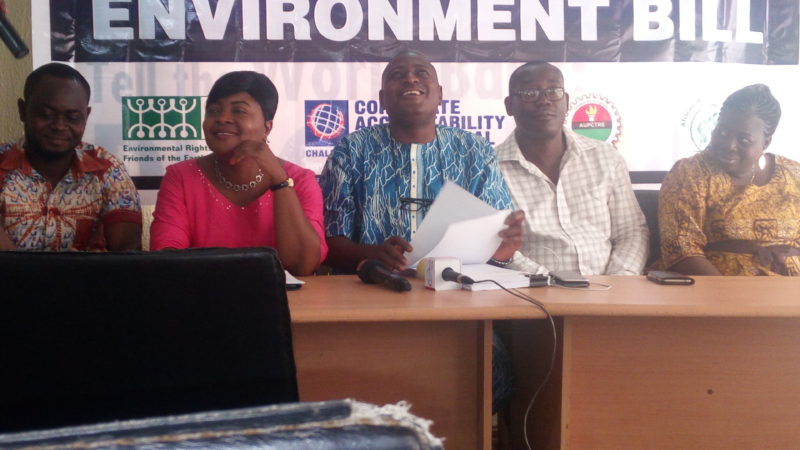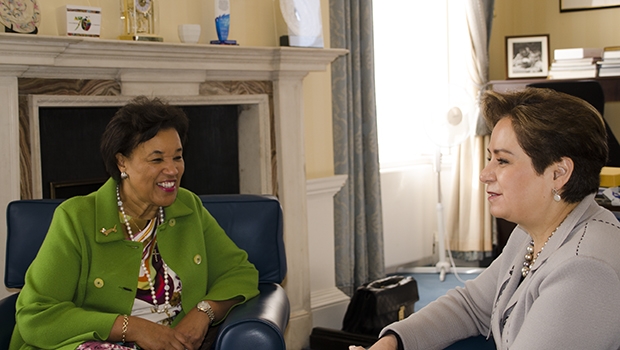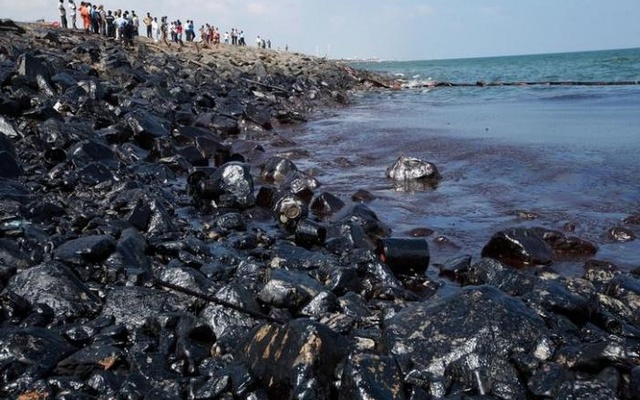Lagos is a conurbation and a mega city by the very definitions of the two words – a very large city made up of a network of other urban communities and having a minimum population of 10 million people and above. The estimated population of the mega city being bandied in different literature put the current figure between 21 million and 25 million. The population growth of the megacity has been explosive, judging from past figures 1.4 million (1974), two million (1980) 4.5million (1991), six million (2000), 12.5 million (2011).
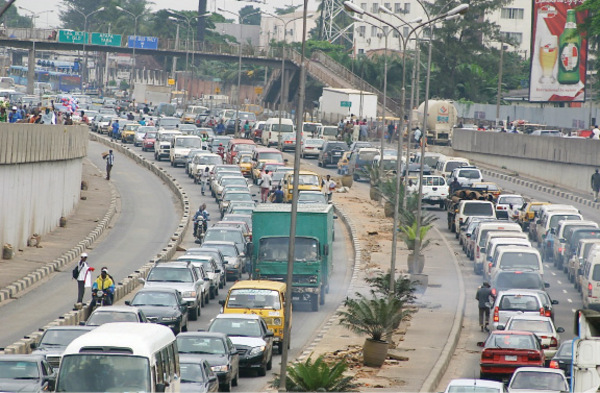
Associated with the stupendous growth are many other grave problems arising from unmanaged urbanisation leading to very low quality of life. This article is not about the commonly known problems which the residents encounter daily in the city. The focus is on how to make Lagos a great city by suggesting three hallmarks of city development strategies that would facilitate and fast-track its journey to greatness.
The three key elements are smart growth, prudent financial management, and participatory governance.
Any city ( small, medium or large) could be functional, prosperous and facilitate a better quality of life for the citizenry if those at the leadership positions are visionary and have a wonk team with acumen in governance, planning, and management. Examples and best practices can be cited where city mayors/city managers in different countries of the world have performed excellently well by adopting one, two or a combination of the three hallmarks, which contributed to the greatness of their cities, and could be laboratories for other cities to understudy and emulate.
Applicative to Lagos megacity this write-up would progress and suggest as follows:
Smart Growth
Smart growth connotes intelligent planning with strategic thinking and systematic approach in programme implementation. We advocate that Lagos should strive to cultivate, adopt and achieve smart growth as a pragmatic city development strategy in order to promote a buoyant economy and urban development that would curb sprawl and deter unwholesome environmental conditions.
In order to achieve smart growth in Lagos, there must be a radical change in the way urban planning is done. Therefore, we suggest a few of the principles that would engender smart growth in the megacity:
Mix land uses: Rather than allow developments to spread out in every direction without proper co-ordination in land uses, it is better to encourage mix land uses by creating clusters of development where residential, commercial and recreational uses are close to one another. Put in simple word, transit-oriented development. The residents within the clusters would be able to take advantage of the proximity of land uses to do most of their day-to-day activities within walking distance instead of driving outside their area to far-flung places to work, shop or recreate.
The government can initiate a pilot scheme using a PPP approach especially along a section of Broad Street in Lagos Island where there are some disused/abandoned government buildings and underutilised structures which can be pulled down and re-built along the line of this suggestion. Residential houses would be provided with mixed commercial facilities where playground can also be incorporated for family recreation. The area will be revitalised and that section of the city would not be drab and desolate at night as it is. In specific area(s) of the megacity pockets of vacant lands can be identified where such mix land use development could be feasible and suitable. One prime area that the LASG can site a transit-oriented development is the National Theatre enclave, where there is an abundance of unused land (100 hectares) lying fallow.
The whole essence is for government and urban planning technocrats/policy makers to start to encourage compact development that would discourage sprawl and conserve space and reduce development pressure at the city outskirts many of which are rural settlements and lands suitable for agriculture.
Develop a futuristic plan: In a rapidly growing megacity like Lagos, development is not static. Smart growth is being ready for what lies ahead and having a plan to address the issues that could arise as a result of such accelerated growth. As more and more people migrate to live in Lagos, there would be more demand for public services and amenities such as transportation, healthcare, schools, housing, potable water, roads and other necessities for a better quality of city life. Successful cities around the world are known to plan for change and have religiously followed the implementation of the plan for the betterment of their cities
Here are notable global examples:
Chicago: Go to 2040… A comprehensive regional plan about sustainable prosperity which seeks to make and strengthen Chicago Metropolitan Region of 28 communities one of (USA) few global economic centres. (Chicago Comprehensive Regional Plan, 2014)
New York City: OneNYC…The Plan for a Strong and Just City which will fuse sustainability, social equity, and resilience with a timeframe goal (One New York City, 2015)
Melbourne, Australia: Plan Melbourne… A metropolitan planning strategy, guiding how Melbourne will grow and change to 2050. A plan to house, employ and connect people to jobs and services, closer to where they live. (Plan Melbourne, 2014)
Los Angeles: Sustainable City pLAn….A roadmap for a Los Angeles that is environmentally, economically prosperous and equitable in opppourtunity for all, now and over the next 20 years. (Los Angeles pLAn, 2015)
We canvass for a futuristic or theme plan (in the mold of the examples cited above) that would envisage and seamlessly accommodate the changes in the Megacity. The current Lagos State Development Plan 2012-2014 (LSDP), which is more of an economic development plan prepared by the last Administration submitted and accurately admitted “the absence of a Regional Plan for Lagos… since the expiration of the last Lagos Metropolitan Regional Plan 1980-2000. Lagos urgently needs a new Regional Plan to guide the next phases of development…….” (LSDP, 2012). The plan did not cover in detail what a Comprehensive Regional Plan would have adequately covered. Hence, there is a yawning gap. Lagos without an operative Comprehensive Regional Plan cannot compete favourably with other global megacities.
Apart from the long-range plan, Lagos must start to come up with specific subject/sector plans or sub-area plans to rejuvenate, improve or address some peculiar problems plaguing the city. It is noteworthy that there is a Strategic Transport Master Plan (STMP) which led to the creation of Lagos Metropolitan Area Transport Authority (LAMATA). The strategic transport plan for the next two decades is already being implemented in order to solve the city’s chronic traffic congestion and lack of a well-organised mass urban transit system. The BRT and the Light Rail are products of the STMP including the use of the waterways for ferry transportation. More of such ad hoc plans for housing, water supply, security, urban renewal and environmental sustainability should be on the drawing board. All of these plans must set goals to be met within a timeframe.
For example, in early 2015, when unveiling OneNYC Plan, Mayor deBlasio of New York City unequivocally said that the Plan will “lift 800,000 people out of poverty by 2025 and will achieve zero waste landfills by 2030.”
Create incentives to attract businesses and investors: There are areas of competing interests which deserve government attention but resources are limited and overstretched. As a result, the government should seek partnership with willing investors in the urban development sector. The LASG by now should have a full-fledged PPP office whose main mandate is to scout for investors who are willing to do business in Lagos under mutually agreed terms and conditions.
But there is a caveat to this. The government must be willing to invest in infrastructural development to support business operation, give a tax break, nurture skilled workforce, guarantee security and avoid policy inconsistency. For example, if the dream of creating a tech hub to serve as the Lagos version of Silicon Valley is to be realised as recently made public by Governor Akinwunmi Ambode, the LASG must be prepared to provide a site that is completely integrated, one that combines company innovations, business incubation and a fertile training facility to breed locally available IT-savvy workforce. The Silicon Valley should be a place that one can get all round training in IT and can quickly get employment within the complex. The government must also be ready to create a pool of capital funds to assist new start-up businesses, without which all the rhetoric of becoming a tech hub will remain a mirage.
We cite here the good examples where the government has excelled. The Lekki Free Trade Zone and the Eko Atlantic City are key economic development projects where the government played the role of a facilitator in jump-starting the two projects. The projects’ current stages of development are impressive and encouraging for future PPP collaboration.
Pay attention to environmental matters
Lagos is home to over 20 million people. It is a city where energy consumption is the highest in Nigeria. The number of vehicles plying the roads is also the highest in the country. What this translates into is the very high production of greenhouse gas emissions from the two key sources: fumes from vehicles and consumption of energy in buildings. Both are the causes of the harmful air and environmental pollution common in the city. Added to this is the very large amount of waste that is being generated daily in the city plus the negative habit of the residents who indulge in dumping waste in the open and inside the lagoon, creeks, and rivers.
Part of smart growth and sustainability is to be conscious of a safe, green and wholesome environment. Because of the high level of environmental degradation in the megacity, the LASG cannot afford to pay picayune attention to environmental matters, especially on how to plug the key sources of environmental pollution. There must be “local plan and programmes” directed toward such effort in line with the assurance given by Governor Ambode in June 2016, that Lagos would have the world’s first “carbon-neutral city.” A city powered entirely by renewable energy (use of wind and solar) and no carbon footprints (greenhouse gas emissions).
We want to suggest here actions that the LASG must take to cut down on greenhouse gas emission and sundry pollutants of the environment:
- Increase the fleet of BRT buses and extend the service to cover all city districts in order to encourage/popularise ridership of public transport and to drastically reduce traffic congestion and air pollution in the city;
- Introduce car levy in certain commercial zones to discourage use of private cars especially within the Central Business District in Lagos Island;
- Promote green roofs concept whereby new regulations would mandate the use of solar panels and plants on rooftops of new buildings as legislated in France, Canada, Australia, and Germany. If Lagos wants to truly “go green”, it would require both persuasions and strict enforcement of tough environmental regulations;
- Accelerate the tempo of the city’s tree planting programme and give incentive to homeowners to plant a tree in their home environment. LASPARK should establish zonal arboretum where residents can obtain young trees for free, in order to cultivate the culture of tree planting;
- The campaign for domestic separation and recycling of waste must be intensified, while the government must set an achievable timeframe for zero waste to landfills.
Encourage and entrench an inclusive planning process: No matter the vision a leader has for his/her city and the positive change one might contemplate, one must win the support of the citizenry to actualise the change. This is where community participation and stakeholders’ collaboration in planning is imperative. Lagos planning must be open and democratic. The residents must be given the opportunity to brainstorm and decide the type of “Future Lagos” they want to live and work. This writer found the philosophy of Park Won, the mayor of Seoul, South Korea very apt: “No one great genius can lead a city. Instead, citizens need to lead; my job is to get their ideas into the system.”
When the Lagos State Government decides to prepare a new Regional Plan in no distance future, it must take the path of a robust participatory planning and make it a Wiki Plan……a plan the citizens can edit and contribute ideas.
Prudent financial planning connotes cost-effective operations, plugging of financial wastages, saving for a raining day, accountability, transparency and measuring the return on investment. These are attributes which the administration of Governor Akinwunmi Ambode must imbibe and exemplify. Governor Ambode with his solid background in public finance and accounting is “glove-fit” to lead by example on how to lay a solid foundation for a fiscally virile Future Lagos.
Last Word
The path to greatness and sustainability of the Lagos mega city would require very tough policy decisions, while it would sometimes compel the enactment of a new set of laws in order to achieve set goals. It is not an impossible task inasmuch as the government has the political will to embrace smart growth, provide the resources and transparently engage the citizenry in the development process. That way, Lagos will become a city with fewer cynics and more praise singers. It will aslo become a city of no cars where the rich and the poor use public transportation, and where urban planning awareness/parlance should be part of the citizens’ lingo.
By Yacoob Abiodun (Urban Planner, Planning Advocate, Parkview Estate, Ikoyi, Lagos)

